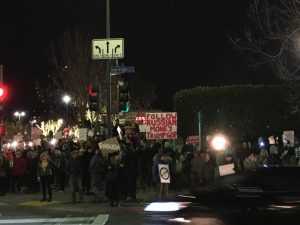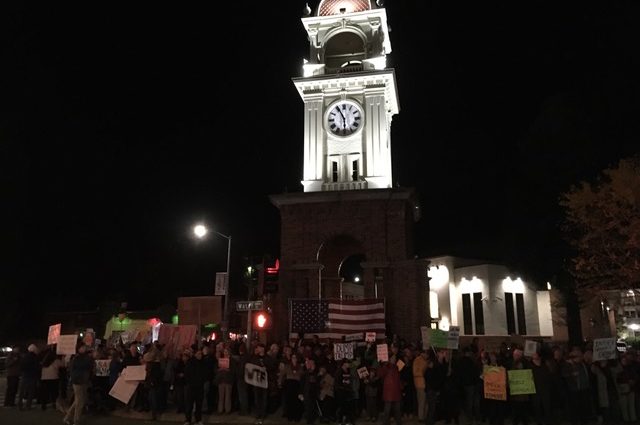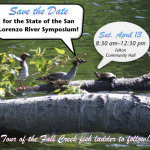 When migrants from enlightenment Europe decided to form a new nation in North America, it did not live up to the ideals they espoused. The treatment of native peoples who already lived here was nothing short of genocide. Slavery was a stain on our history that continues to twist our culture even now. Yet the fragile idea of a representative democracy was one that inspired other countries around the world for centuries to come. And one that the men who wrote the Constitution worried they would have to protect from powerful and rapacious monarchies that would see it as a threat to their power.
When migrants from enlightenment Europe decided to form a new nation in North America, it did not live up to the ideals they espoused. The treatment of native peoples who already lived here was nothing short of genocide. Slavery was a stain on our history that continues to twist our culture even now. Yet the fragile idea of a representative democracy was one that inspired other countries around the world for centuries to come. And one that the men who wrote the Constitution worried they would have to protect from powerful and rapacious monarchies that would see it as a threat to their power.
Reading their writings from that time, one can see how concerned they were about foreign influence in our new country. Though they never imagined the form it would take in today’s world.
How democracy speaks: voting
In a representative democracy, the people governed have two ways to express their will: by voting, and by communicating with their representatives. While voting rights have been expanded over the centuries, first by eliminating property requirements, then by extending the franchise to formerly enslaved men and then to women, and finally by lowering the voting age; it is now under threat.
As a republic, some powers are retained by the states. And states have been busy implementing laws to limit the right to vote. As somebody who has been a poll worker many times in several counties, I can assure you that in-person voter fraud is both difficult and almost non-existent. But that is the excuse states have used to disenfranchise millions of voters. In reality, it is a naked power grab by political parties.
At the same time, our vote is under attack by partisan control of unreliable electronic voting machines, foreign hacking of badly protected state systems, and disinformation campaigns that seek to influence voters themselves. In California and Santa Cruz County, we have less to fear than many places in the country on the first two fronts. But many states are clearly vulnerable.
And the majority leader of the US Senate has refused all attempts by the House of Representatives to do anything about it. He has repeatedly rejected bills passed by the House to give resources to the states to protect elections, while accepting donations from manufacturers of vulnerable voting systems.
How democracy speaks: communicating
Elected officials typically provide numerous ways to contact them. You can phone or show up at their offices to talk to a staffer, send them emails, attend town halls, sign petitions, send cards or letters, or attend marches and rallies. I must admit that I have seen more marches and rallies in the last three years than I have since the Vietnam War protests of the 1960s.
The latest nationwide rallies numbered over 600 events and advocated impeachment of the current occupant of the Oval Office. On the Central Coast, citizens set up and attended events in Hollister, Gilroy, Watsonville, Monterey, and Santa Cruz to express their ire at the threat to democracy of publicly inviting, and even extorting, foreign governments to influence our election. Though Mr. Trump doesn’t see what he asked for as a “thing of value” under the bribery statutes, it is. I’ve worked in plenty of campaigns, and companies specialize in researching and collecting what’s called “opposition research.” Campaigns or political parties pay plenty for it.
Sometimes it exposes people who really shouldn’t hold public office. Other times it’s just a smear tactic that can, unfortunately, be quite effective. But knowingly using Russian propaganda, as Republicans currently are, and asking other governments to provide more of it, as Mr. Trump has done, is a threat to our sovereignty and democracy. Like voting restrictions, it was done for one reason only—to maintain their hold on power so that they could continue their takeover of the federal judiciary that Mitch McConnell began during the Obama administration. They hope this will give them an advantage in setting the direction of the country for generations to come.
It is to fight this perversion of our democracy that we the people took to the streets.




















